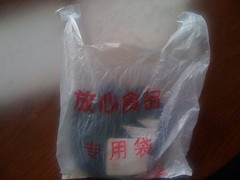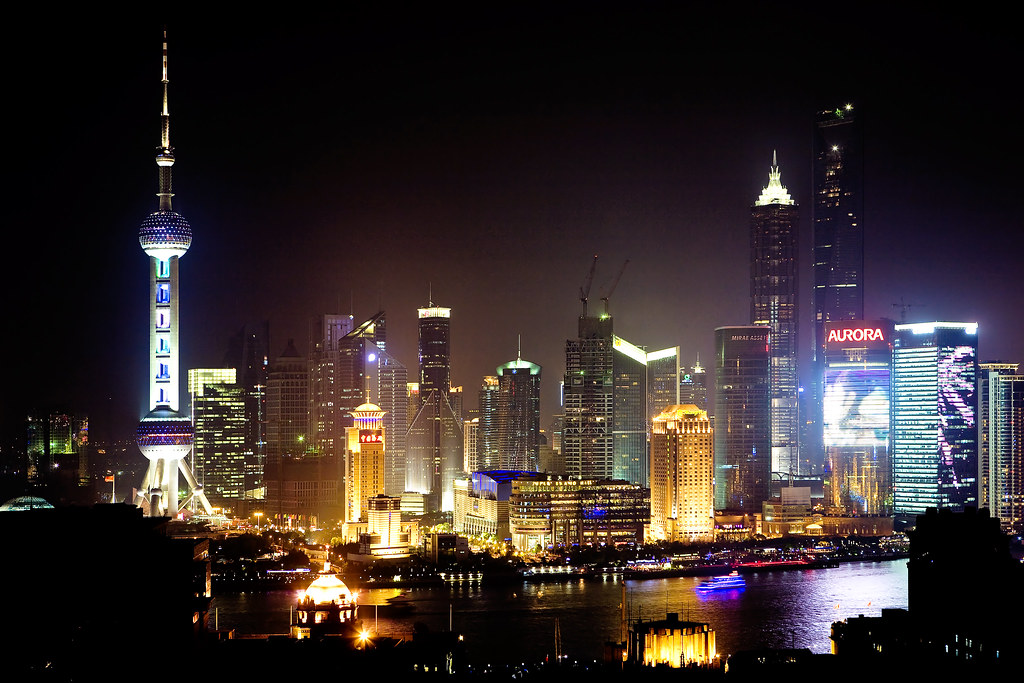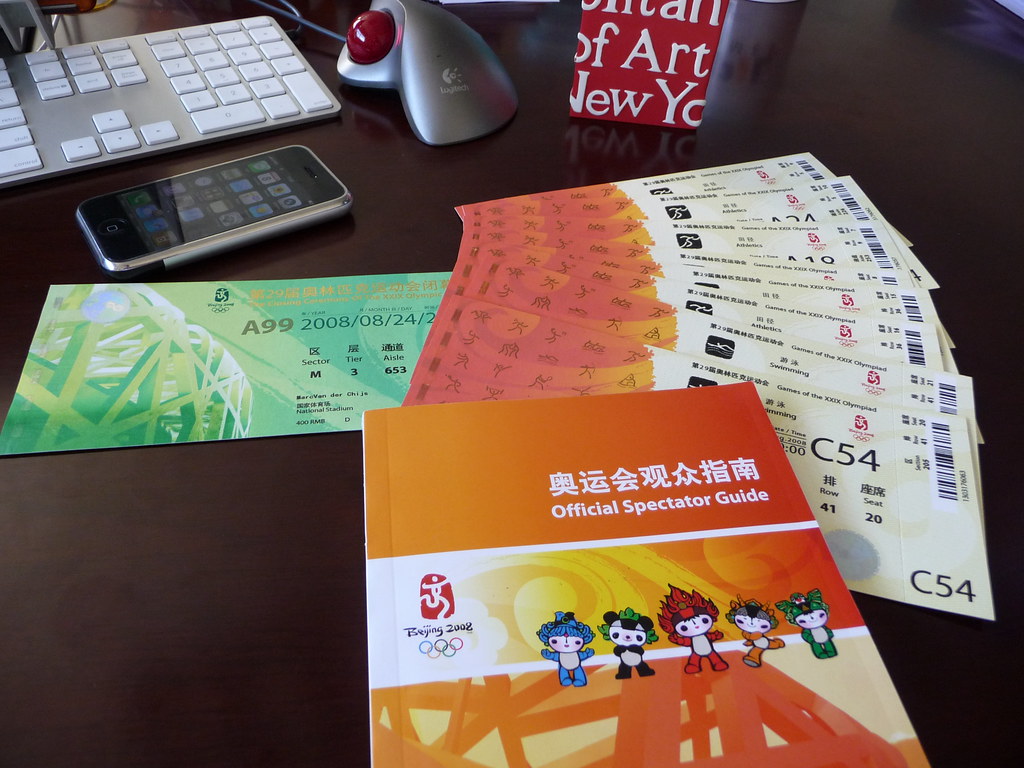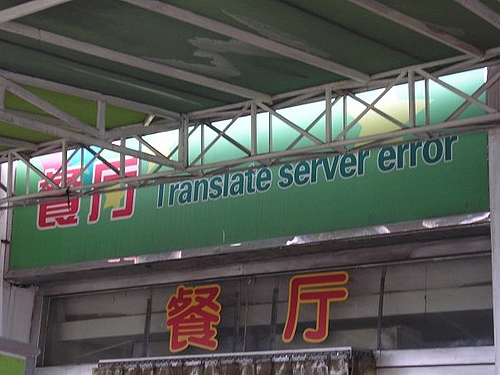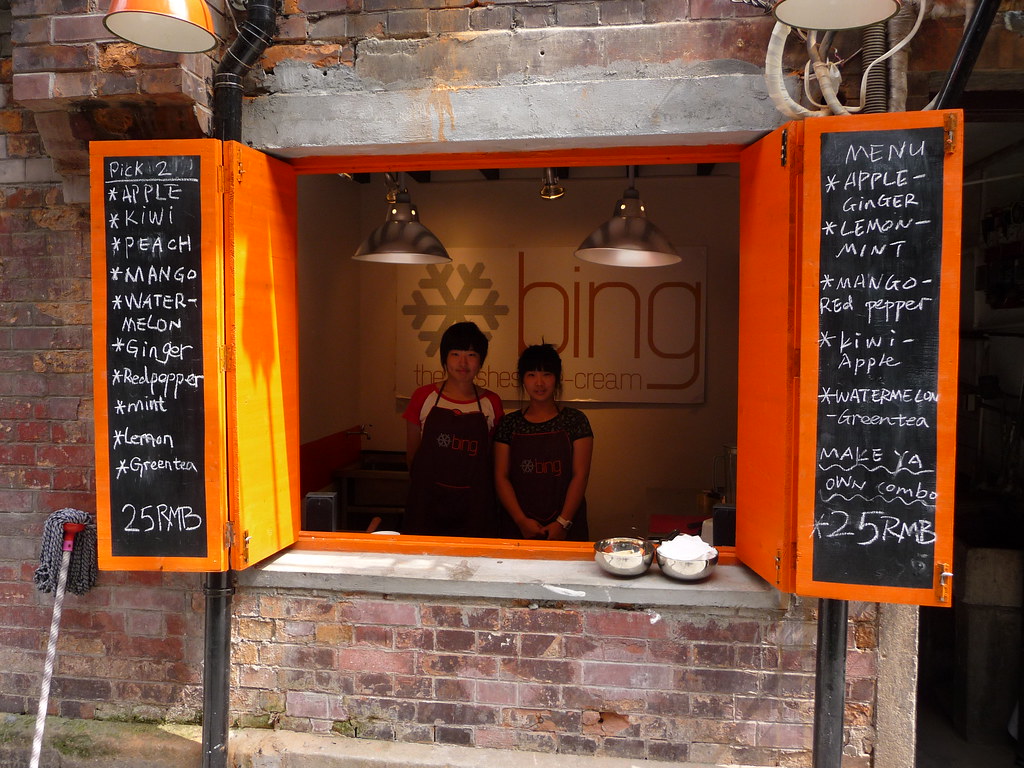 This afternoon I was walking through Taikang Lu, the hip entertainment area in Shanghai, when I saw a new ice cream shop. In front of the shop a young blond man was using a hammer to hit nails into a wooden chair. He turned out to be Bing van der Lande, the Dutch owner of the shop. Bing is only 23 years old and told me that during the day he is doing an internship at Dutch company Randstad. But instead of going out at night and spend his money on beer, he decided to use it to set up a business in Shanghai: a fresh ice cream shop. Coincidentally his name is the Chinese word for ice, so to find a name for the shop was not difficult: Bing.
This afternoon I was walking through Taikang Lu, the hip entertainment area in Shanghai, when I saw a new ice cream shop. In front of the shop a young blond man was using a hammer to hit nails into a wooden chair. He turned out to be Bing van der Lande, the Dutch owner of the shop. Bing is only 23 years old and told me that during the day he is doing an internship at Dutch company Randstad. But instead of going out at night and spend his money on beer, he decided to use it to set up a business in Shanghai: a fresh ice cream shop. Coincidentally his name is the Chinese word for ice, so to find a name for the shop was not difficult: Bing.
The idea to set up this retail business came to Bing when he was on holiday in Sanya in May. There he saw someone selling ice cream that was made on the spot with a machine that deep freezes the ingredients. Back in Shanghai Bing managed to find the producer of the machine, and he bought one of the freezers. He then went to look for a place to set up the business, and found a side street of Taikang Lu that was still mainly residential. He negotiated to use a front room of one of the houses, broke out the front wall, installed the machine and set up his shop there in late June. A few weeks later a lot of new restaurants and shop have appeared in the street, so he chose the right place at the right time.
Two young women run the shop during the daytime, when Bing is at work for Randstad. But during the weekend Bing is here himself to serve ice cream to customers and to upgrade the shop (he is now adding a small terrace in front of the shop, so customers can sit down). Bing recommended a lemon mint ice cream to me, which indeed tasted very good. One of the girls put the fresh ingredients into a blender and then put the liquid mix into the ice machine. Basically a stove that freezes instead of heating up. In a few seconds the liquid started to freeze and in less than a minute I had a fresh ice cream.
You have the choice of many fresh ingredients for your ice cream, including many kinds of fruit but also things like red pepper and even champagne. There is a fixed price of RMB 25 for a big bowl of ice, maybe not cheap for local Chinese but quite acceptable for most people eating and drinking at Taikang Lu. During the 20 minutes that I talked with Bing he had at least 6 customers, and all seemed to like the ice cream. Very soon he will start using ecologically friendly materials (cups for the ice cream for example), which is a smart marketing idea.
The original idea for him was to earn some extra money during his internship, but because he now sees the first signs of success he is thinking about building out the business. I gave him some advice on this, and hope he manages to make his business even more successful and maybe build it out to a chain of ice cream stores. Although the concept has a low entry barrier I think with good branding and consistent quality he can stand out from the potential competition. I told him to think big and use his cash-flow to invest in one or more new sales outlets. The problem is that he will have to go back to Holland in September to finalize his studies, but he has a trusted Chinese business partner / friend that will help him to run the store during his absence.
Bing, good luck with your business. I admire the fact that you dare to take some risk and invest your time and money in something you believe in.
Bing – Address: No. 4, Lane 278, Taikang Lu
Bing put signs on two of the main entrance roads of Taikang Lu, so you cannot really miss the shop.




